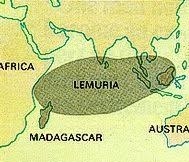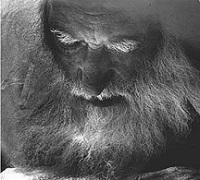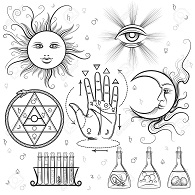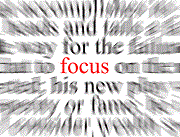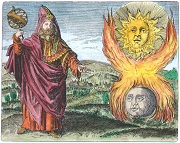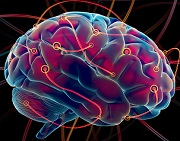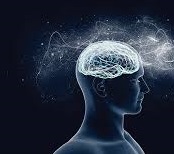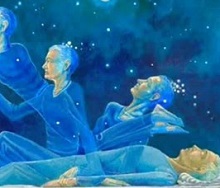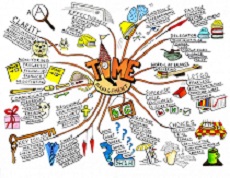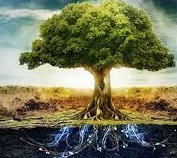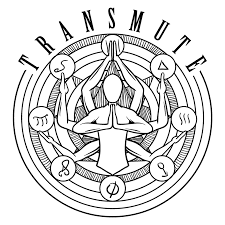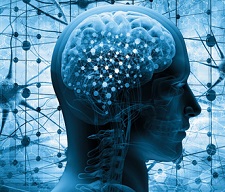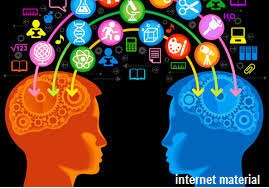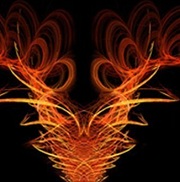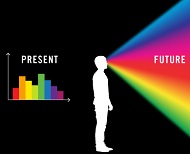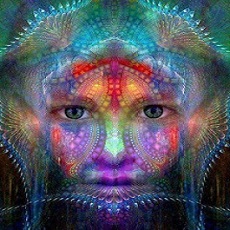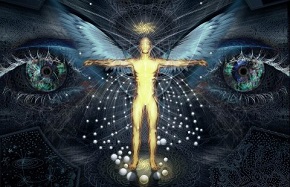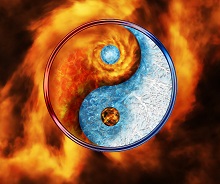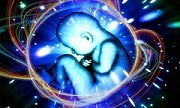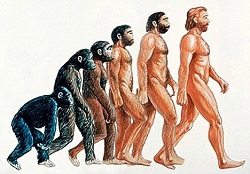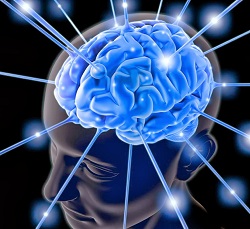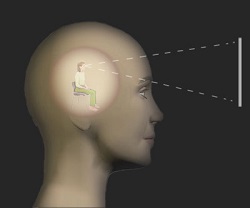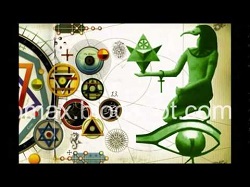What is Mind?
Mind is defined as “the faculty or power whereby thinking creatures feel, think, and will.” This definition is
inadequate and circular in nature, but this is unavoidable, for mind can be defined only in its own terms and only by
reference to its own processes. Mind, except in reference to its own activities, cannot be defined or conceived. It
is known to itself only through its activities. Mind without mental states is a mere abstraction—a word without a
corresponding mental image or concept. Sir William Hamilton expressed the matter as clearly as possible, when he
said: “What we mean by mind is simply that which perceives, thinks, feels, wills, and desires.” Without the perceiving,
thinking, feeling, willing, and desiring, it is impossible to form a clear conception or mental image of mind; deprived
of its phenomena it becomes the merest abstraction.

“Think About That Which Thinks.”
Perhaps the simplest method of conveying the idea of the existence and nature of the mind is that attributed to a
celebrated German teacher of psychology who was wont to begin his course by bidding his students think of something,
his desk, for example. Then he would say, “Now think of that which thinks about the desk.” Then, after a pause, he
would add, “This thing which thinks about the desk, and about which you are now thinking, is the subject matter of
our study of psychology.”
The professor could not have said more had he lectured for a month. Professor Gordy has well said on this point:
“The mind must either be that which thinks, feels, and wills, or it must be the thoughts, feelings, and acts of
will of which we are conscious— mental facts, in one word. But what can we know about that which thinks, feels,
and wills, and what can we find out about Your Mind and How to Use It it? Where is it? You will probably say,
in the brain. But, if you are speaking literally, if you say that it is in the brain, as a pencil is in the pocket,
then you must mean that it takes up room, that it occupies space, and that would make it very much like a material
thing. In truth, the more carefully you consider it, the more plainly you will see what thinking men have known for a long time—that we do not know and cannot learn anything about the thing which thinks, and feels, and wills.
It is beyond the range of human knowledge. The books which define psychology as the science of mind have not a word
to say about that which thinks, and feels, and wills. They are entirely taken up with these thoughts and feelings
and acts of the will,— mental facts, in a word,—trying to tell us what they are, and to arrange them in classes,
and tell us the circumstances or conditions under which they exist. It seems to me that it would be better to
define psychology as the science of the experiences, phenomena, or facts of the mind, soul, or self—of mental facts,
in a word.”
In view of the facts of the case, and following the example of the best of the modern authorities, we shall
leave the consideration of the question of the ultimate nature of mind to the metaphysicians, and shall confine
ourselves to the mental facts, the laws governing them, and the best methods of governing and using them in
“the business of life.”
This conference may interest you: "Fear and faith are the same force."
Reading Support:














